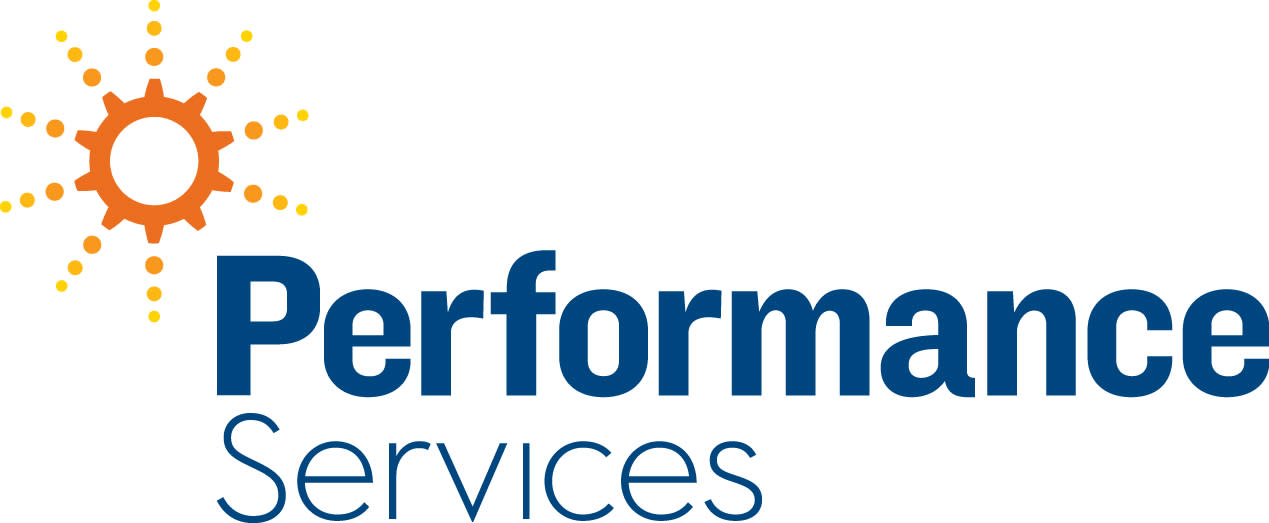Michelle Malvey, a school health training consultant at CDE, is presenting a webinar at 3:30 p.m. Wednesday, Feb. 2, based on the premise that a healthy workforce leads to better outcomes for students, staff, families, and the community. She is a former principal, school psychologist, and teacher with a passion for making sure everyone in the school environment gets what they need on a daily basis. The webinar's focus will be on embedding employee wellness and “we care” practices into all that we do in schools including daily routines, team building, and the implementation of new initiatives.
Participants who attend the webinar will be able to:
- Understand the value of investing in self-care work in the educational environment.
- Acknowledge that resistance exists and the need to reframe our thinking around self-care.
- Understand how they can embed staff emotional wellness into existing practices.
- Identify two to three ways they will embed we-care strategies into their current structures and routines.
Sign up for the webinar via Zoom here.

